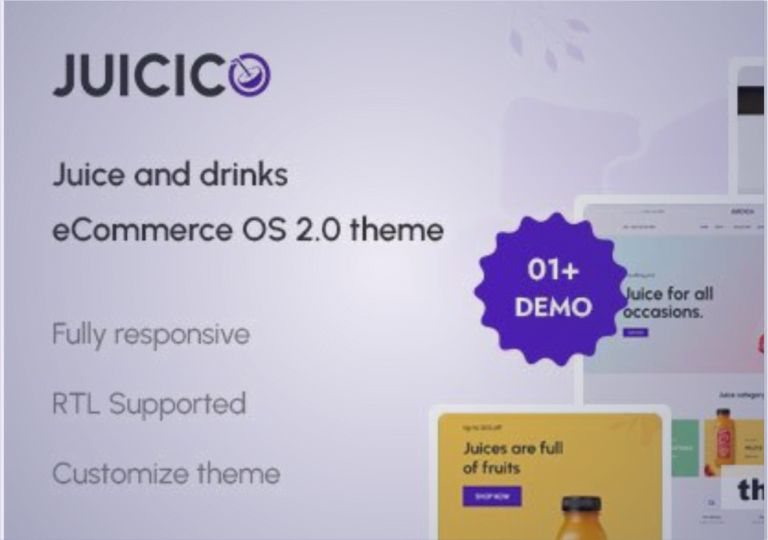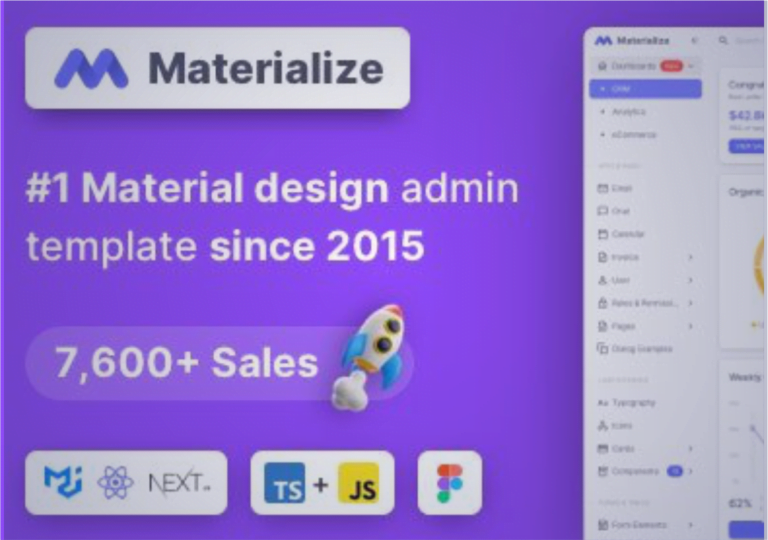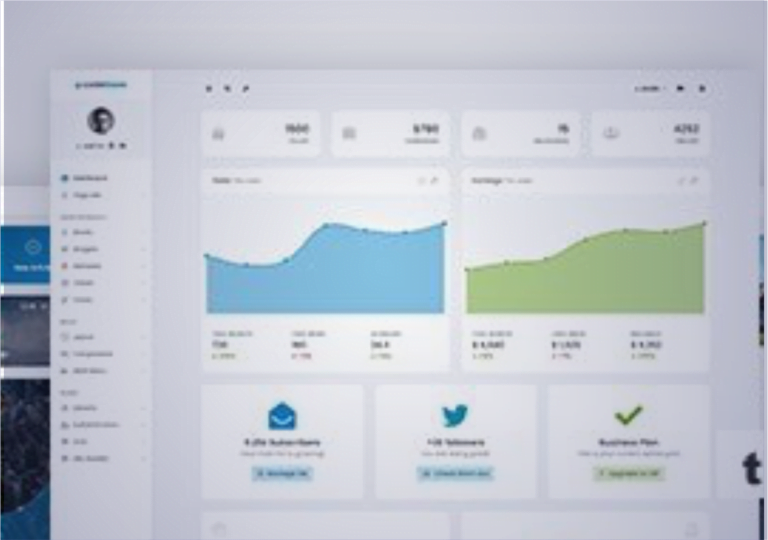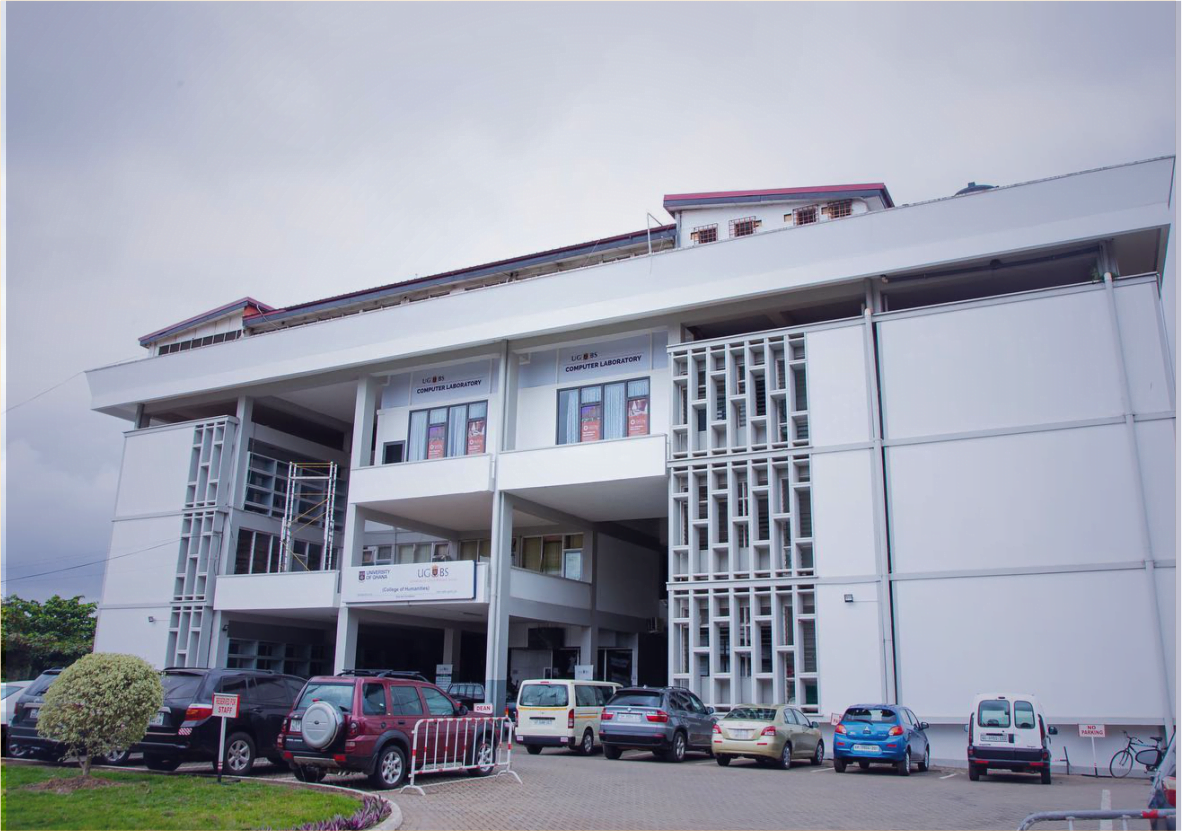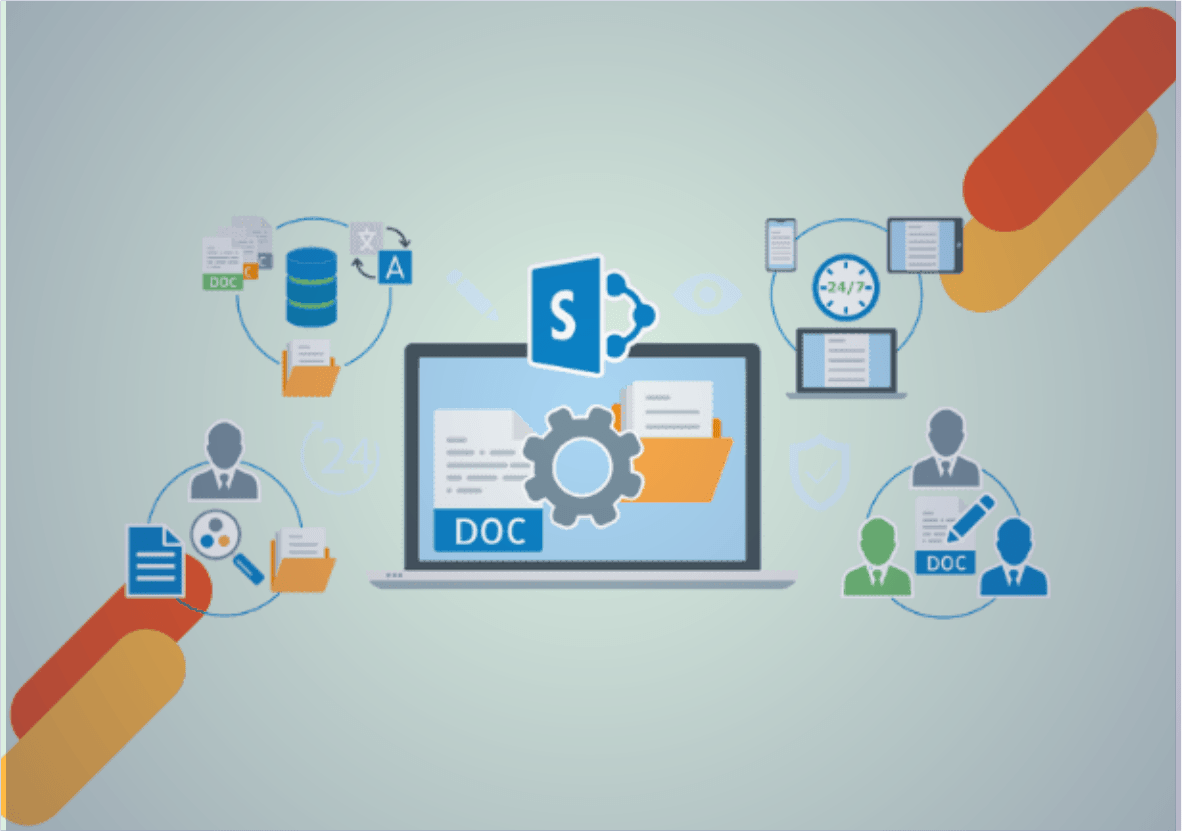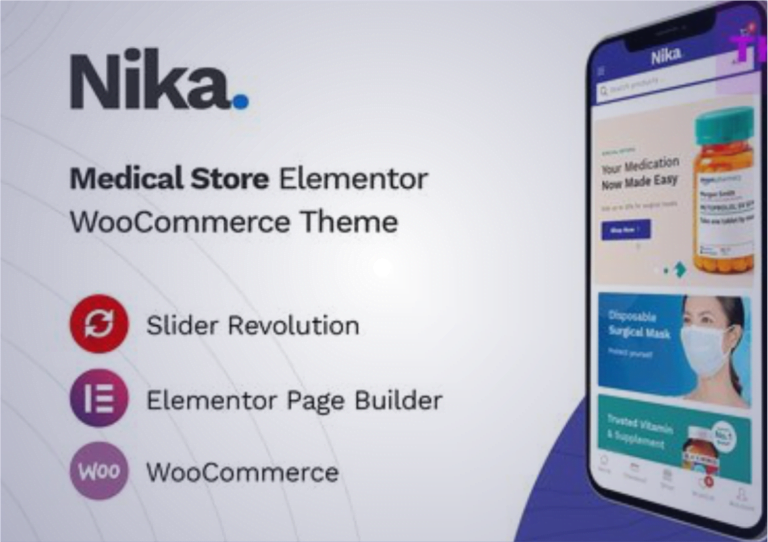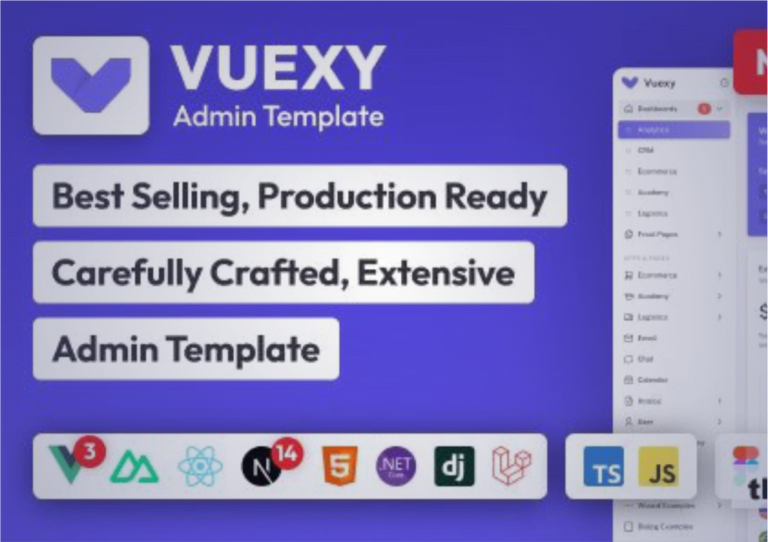With several projects, short deadlines, and a wide range of contractors collaborating to assure project success, the construction business is a complicated and demanding one. Contractors, who are usually responsible for diverse activities such as project scheduling, work allocation, budgeting, and communication, confront the ongoing problem of managing several moving pieces efficiently. The increasing complexity of construction projects means that traditional task management techniques like paper-based tracking or simple spreadsheets might not always be enough. Now, contractors may increase productivity overall, cut down on mistakes, and streamline operations with the use of job management software.
Businesses may run more smoothly by automating repetitive processes, cutting down on mistakes, and enhancing teamwork when they use job management software. Additionally, it offers a single platform from which all information pertaining to jobs can be accessed, improving accountability and transparency. Businesses can improve their operations, make well-informed choices, and complete projects on schedule and under budget with the help of real-time updates and data insights.
What Is A Job Management Software ?
Job Management Software is a digital application that helps organizations, particularly those in the construction, maintenance, and field services industries, simplify and manage job-related tasks and workflows. The software often combines project planning, task scheduling, time tracking, resource allocation, budgeting, invoicing, and reporting into a unified platform.
Job Management Software is an effective tool that may boost customer happiness, productivity, and profitability to help organizations in a variety of sectors grow and succeed. Teams may more easily coordinate, work together, and effectively handle several tasks or projects because to this centralization. The advantages of work management software for contractors are examined in this article, with a focus on how it improves productivity, accuracy, and profitability.
Streamlined Project Planning and Scheduling
The capacity of work management software to expedite project planning and scheduling is one of the main advantages for contractors. Coordination and careful planning between several teams, suppliers, and subcontractors are frequently needed for construction projects. Contractors can define tasks, assign responsibilities, set deadlines, and develop comprehensive project plans on a unified platform made possible by job management software.
Advanced scheduling features are frequently included in the program, allowing contractors to efficiently allocate resources, plan out the full project timetable, and detect dependencies. Contractors may predict any bottlenecks, modify schedules as necessary, and make sure that everyone in the team is aware of their roles and duties by having a visual depiction of the project plan. By taking a proactive approach to project planning, contractors may lower the likelihood of delays while simultaneously improving schedule management and meeting deadlines more frequently.

Improved Communication and Collaboration
Since there are several stakeholders engaged in every construction project, effective communication is essential. By offering a single platform where contractors, subcontractors, and customers can access project information, exchange changes, and interact in real-time, job management software promotes improved communication and cooperation. With job management software, contractors can send instant updates to all team members, eliminating the need for back-and-forth emails or phone calls.
In addition, team members may interact with one another, examine project data, and monitor task statuses on the platform. This real-time communication fosters a more unified work atmosphere, minimizes misunderstandings, and makes sure that everyone is on the same page. Furthermore, task management software frequently include functions like file storage and document sharing that let contractors retain all project-related paperwork in one location. Team members are able to operate more productively, more transparently, and with more cooperation because to this consolidated information access.
Enhanced Resource Allocation and Management
A crucial component of managing construction projects is resource allocation. To keep the project moving forward, contractors must make sure the appropriate resources—labor, tools, and materials—are accessible when needed. With the use of job management software, contractors may optimize productivity and reduce waste by allocating resources more wisely.
Contractors can use job management software to assign resources according to project needs, track resource availability, and monitor resource utilization. Additionally, contractors can uncover underused resources or possible shortages by using the software’s insights on resource usage. Contractors may make well-informed judgments, prevent overbooking or underutilization, and guarantee effective resource usage by possessing a comprehensive grasp of resource availability. This increased resource management eventually leads to cost savings and improved project outcomes.
Accurate Budgeting and Cost Tracking
Budgeting is a vital component of construction project management, and contractors must stay under budget to be profitable. Job management software gives contractors the ability to set specific project budgets, track spending, and analyze costs in real time. This kind of financial information enables contractors to prevent cost overruns and make sound project spending decisions.
Job Management Software frequently contains tools for monitoring labor, material, and other expenses. Contractors may enter cost estimates, monitor actual spending, and compare them to the budget. The program may also provide reports that give insight into spending trends, assisting contractors in identifying cost-cutting or optimization opportunities. Contractors that have accurate and up-to-date financial information may make better financial decisions, minimize unexpected expenditures, and guarantee that projects stay profitable.
Increased Efficiency and Productivity
Job management software streamlines various aspects of project management, allowing contractors to work more efficiently and improve productivity. By automating tasks such as scheduling, resource allocation, and cost tracking, the software reduces the time and effort required to manage projects. This increased efficiency allows contractors to focus on other critical aspects of their work, such as client relations and business development.
In addition to automation, job management software provides contractors with a centralized platform where they can access all project-related information. This centralized access reduces the need to switch between different tools or systems, saving time and minimizing the risk of errors. The software also eliminates the need for manual data entry, reducing the risk of human error and ensuring that information is accurate and up-to-date. As a result, contractors can work more efficiently, complete projects faster, and take on more projects, ultimately increasing their profitability.
Enhanced Risk Management and Compliance
Construction projects are often subject to various risks, such as delays, accidents, and regulatory compliance issues. Job management software provides contractors with tools to identify, assess, and manage risks effectively. By having a clear understanding of potential risks, contractors can implement preventive measures and develop contingency plans to minimize their impact.
Job management software often includes features for tracking safety incidents, monitoring compliance with regulations, and ensuring that all team members adhere to safety protocols. Contractors can use the software to record incidents, analyze trends, and take corrective actions to improve safety and compliance. Additionally, job management software can help contractors keep track of permits, licenses, and other regulatory requirements, reducing the risk of fines or penalties. By proactively managing risks and ensuring compliance, contractors can create a safer work environment, protect their reputation, and avoid costly disruptions.
Scalability and Flexibility
As contractors grow their businesses and take on more projects, they need a job management solution that can scale with them. Job management software offers scalability and flexibility, allowing contractors to manage multiple projects, teams, and resources simultaneously. The software can accommodate the needs of small contractors as well as large construction firms, providing a solution that can grow with the business.
Job management software is also flexible, offering customizable features and integrations that allow contractors to tailor the software to their specific needs. For example, contractors can choose to integrate the software with other tools they use, such as accounting software, CRM systems, or project management tools. This flexibility ensures that contractors can create a job management solution that meets their unique requirements, enhances their workflows, and supports their growth.
Cost Savings and Improved Profitability
By streamlining operations, improving efficiency, and reducing errors, job management software can lead to significant cost savings for contractors. The software reduces the need for manual processes, minimizes the risk of costly mistakes, and helps contractors make better financial decisions. These cost savings can have a direct impact on the profitability of construction projects, allowing contractors to maximize their margins and improve their bottom line.
In addition to cost savings, job management software can help contractors increase revenue by enabling them to take on more projects and complete them faster. The software improves productivity, reduces downtime, and ensures that projects are completed on time and within budget. By increasing their capacity and improving project outcomes, contractors can enhance their reputation, attract more clients, and grow their business. Ultimately, job management software provides contractors with a competitive edge that can lead to improved profitability and long-term success.
Simplified Invoicing and Payment Processing
Job management software simplifies invoicing and payment processing, making it easier for contractors to manage their finances and get paid on time. The software often includes features for generating invoices, tracking payments, and managing accounts receivable. Contractors can use the software to create detailed invoices, track payment status, and send reminders to clients who have outstanding balances.
With job management software, contractors can streamline the billing process, reduce the risk of errors, and ensure that they are paid promptly. The software can also provide insights into cash flow, helping contractors manage their finances more effectively. By simplifying invoicing and payment processing, job management software allows contractors to focus on their core business activities and improve their financial stability.
Conclusion
Contractors may benefit from Job Management Software in a variety of ways, including streamlined operations, increased productivity, and more profitability. Job management software assists contractors in managing construction projects more effectively and efficiently by offering tools for project planning, scheduling, communication, resource allocation, budgeting, and risk management. The program also improves customer communication, facilitates data-driven decision-making, and offers scalability and flexibility to meet the demands of expanding enterprises.
Contractors that use Job Management Software may obtain a major edge in the increasingly competitive construction market, increasing their capacity to complete projects on schedule, within budget, and to the satisfaction of their clients. Work management software gives contractors the resources they need to thrive in a challenging and complicated business, whether they are in charge of a small team or a huge construction company.







